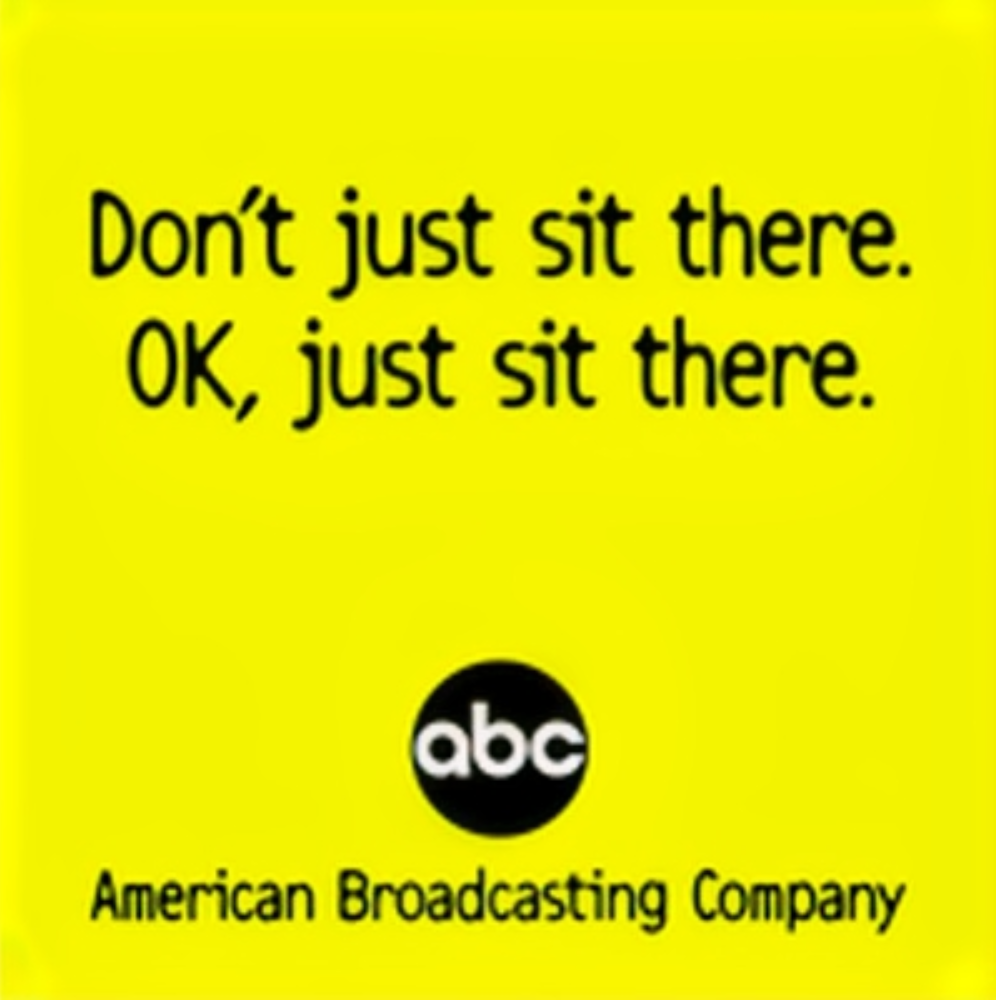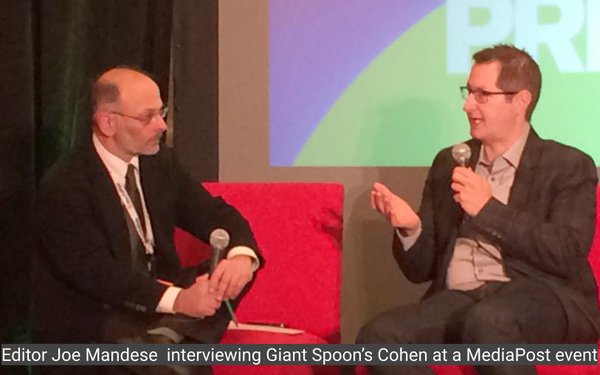"Is this out of the ordinary, or a new normal?," a reader asked me in an email dispatched over the weekend after he stumbled upon some
coverage of a deal Netflix announced with beer marketing giant AB InBev a couple of
months ago.
I replied that it wasn't out of the ordinary and that in many ways, it is one of the oldest playbooks for both video-programming distributors and major consumer marketers: a
promotional tie-in.
I mean, there likely are other nuances to the Netflix AB InBev deal -- paid sponsorships, product placement, branded content, etc. -- but at the heart of it, it's about two
giant consumer-facing brands teaming up in a way to make the sum of their consumer reach equal more than just one plus one.
If I recall correctly, Anheuser-Busch's Budweiser brand likely
pioneered the concept by sponsoring professional boxing matches on pay TV service HBO back in the 1970s and early 1980s. But it wasn't until the major broadcast networks began striking promotional
tie-in deals with major consumer marketers -- especially retailers -- that the concept really gained momentum.
advertisement
advertisement
I remember writing the headline "Tiffany Network Shops At Kmart" for either
Adweek or Ad Age when then CBS marketing chief George Schweitzer cut the first deal of that kind, and then NBC marketing chief Alan Cohen soon followed suit with a series of similar
tie-ins promoting the Peacock Network's fall prime-time lineup.
One of the big reasons for the deals -- and something you don't normally see written about -- was a corresponding
need among the major broadcast networks to expand their promotional reach via consumer marketing brands, because the fragmentation of national TV viewing wasn't just eroding network TV ratings, but
their on-air promotional reach, as well. What followed was the Golden Age of network TV promotional tie-ins as CBS' Schweitzer and NBC's (and later ABC's) Cohen competed in an
ongoing battle of one-upmanship to see who could best the other -- not just with consumer brand deals, but with Big Ideas to activate them. Like putting the NBC's new prime-time series casts on the
boxes of Kellogg's cereal brands on display in every supermarket in America.
In retrospect, it's hard to say how much impact the promo deals had, but as an advertising trade reporter,
covering the Schweitzer-Cohen rivalry was one of the highlights of my career, so I was saddened to learn late last week that Cohen had passed away at the age of 69 after battling a long illness.
For all the new-and-improved marketing ideas he came up with, in many ways Cohen was about simple ideas that connected with people, including his 1990s efforts to brand a television network -- not
just its shows -- to the American viewing public, via a high-profile campaign created by TBWA\Chiat\Day chairman Lee Clow, which certainly captured the ad trade's attention, if not average TV
viewers.
The clever, copy-intensive campaign featured simple black text on stark yellow background in print and out-of-home media ads to extend ABC's presence beyond its own on-air promo
reach.

In some ways, the campaign was bigger than the American
Broadcasting Company itself, and was an attempt to brand network TV as a medium at a time when the medium was in decline. Its tagline: "TV Is Good."
Cohen, of course, ultimately jumped to the
media agency side, where he brought his mix of Big and simple ideas to the client brands of Interpublic's Initiative Media and Omnicom's OMD units.
Along the way he found, developed and
mentored some of the best, most creative and certainly most innovative media agency talent Madison Avenue has ever seen, including the team he assembled to cofound his own shop, Giant Spoon.
In fact, Giant Spoon initially called itself a "media services agency," but it was so brimming with creative ideas for executing brand marketing that MediaPost almost immediately branded it a
creative agency, bestowing our "Creative Agency of the Year" award for 2014 to the
media shop -- the first of five such awards it has garnered to date.
Cohen ultimately left "the Spoon," but never attained the same level of industry traction via a series of senior agency
roles, as well as his own boutique Hot Marketing Coffee Studio, and I suspect his declining health had something to do with that. But he continued to brim with new ideas and a passion for media and
marketing that I'd like to think of as the "old normal."
